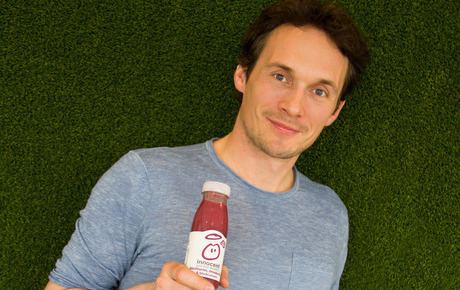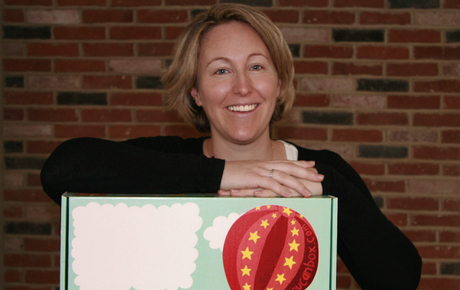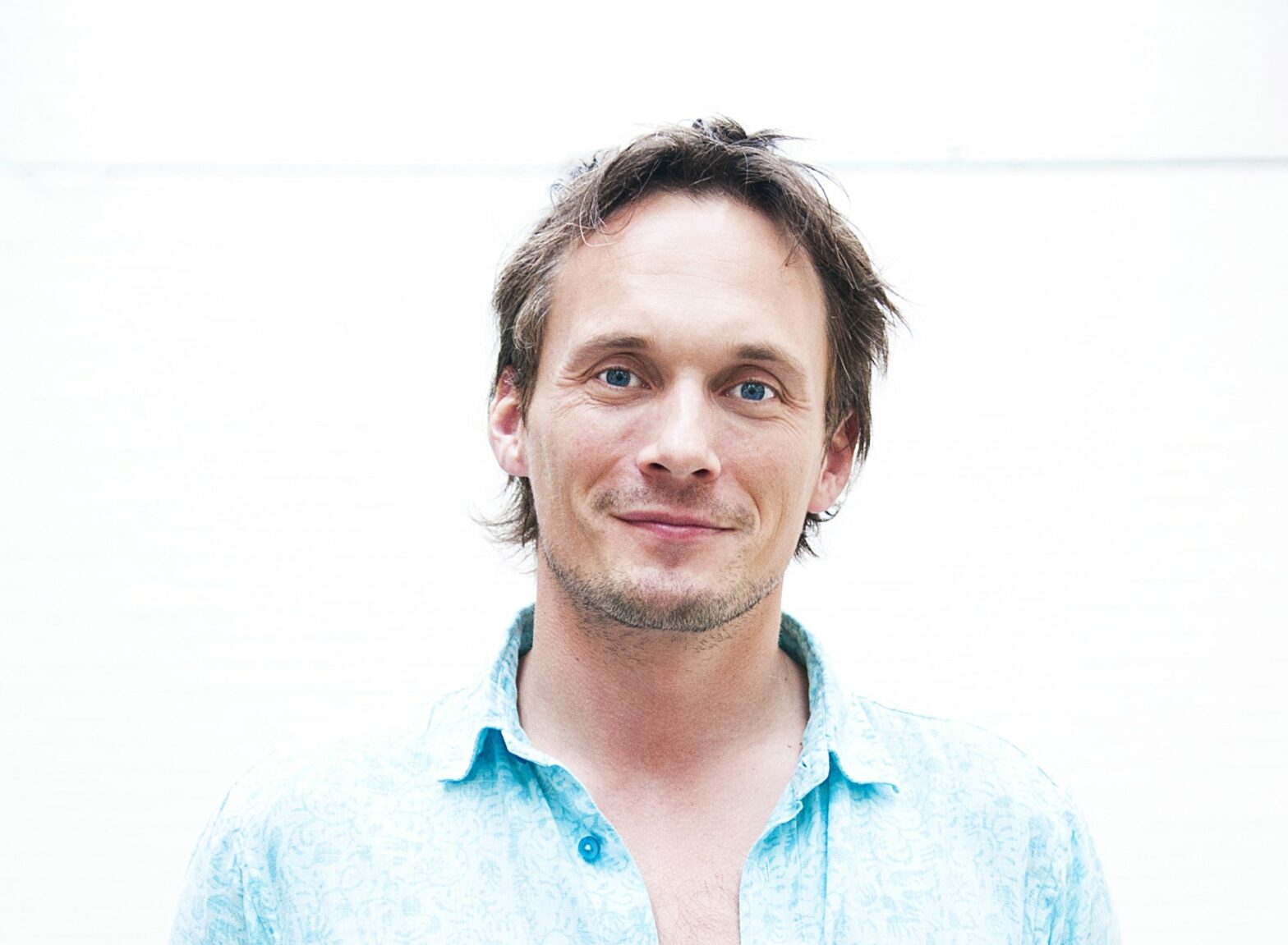Richard Reed is the first to admit that bringing in global drinks brand Coca-Cola as a backer in 2008 was key to Innocent Drinks achieving the global success it has.
From an idea formed by three friends on a ski holiday right at the end of the 20th century, Innocent went on to blaze a trail for healthy drinks in the UK.
Despite not being decision makers any more at the business the trio founded, Reed, alongside Adam Balon and Jon Wright, still hold a small minority share and serve as board members advising on certain parts of the business.
‘We wanted to make sure that the relationship was working before it was fully committed to,’ Reed explains regarding the decision to stagger the integration with Coca-Cola over four years.
‘The first stage was the initial investment, to get money in to grow the business. We had gone out in 2008 with a plan to double the size of the company, to get the European business up and running in a robust and strong way.’
When Innocent closed the deal with Coca-Cola in 2008 the business was turning over £105 million. Fast-forward to partial-exit date in 2010 and it was exactly double at £210 million – mission accomplished. From loosing money in 2008, it was then making money in 2010 when Coca-Cola upped its stake to 58 per cent.

Innocent Drinks began by touring music festivals around the UK
Reed explains that he knew the time was right to completely exit when he saw the kind of people he had assembled beneath him.
‘If you have great people, they are going to want to develop their careers. So by stepping aside people can take a step up. For me, 15 years was the right amount of time – I wouldn’t have wanted to leave a day earlier though,’ he says.
On being prepared for the next stage away from the business, Reed adds, ‘We had four years running into it, so were mentally prepared. We already had a new office, our base, so something to occupy ourselves with.
‘The morning after [the sale] I woke up excited about what was next. In my case, if you’re not excited then you are slightly mad as it gives an opportunity to do loads more things.’
More on Innocent Drinks:
Fork in the road
Reed and his partners had arrived at a junction many successful entrepreneurs find themselves at, do I try and build another business or go for something new. In the case of the Innocent boys it was firmly in the direction of something new.
Having realised that the only reason for their success was that they were fortunate enough to meet a backer who believed in them, American businessman Maurice Pinto, they wanted to ‘pass that karma on’.
‘Everyone though it was a bad idea [to set Innocent up], that it wouldn’t work, but this one guy took a punt on us,’ he says.
‘There is no way on earth I would think I know everything, but 15 years have meant we know how to build a business from scratch and use creativity to engage with customers.’
So, having taken a back seat at Innocent, Reed, Balon and Wright founded Jam Jar Investments to begin supporting the kind of businesses they had been 15 years before.
Reed describes his new journey as a combination of intellectual stimulation and helping others to chase their dreams. He likes the ratio of interest, fund and satisfaction when compared to the stress and hours that used to dominate his working day.
Since setting up, Jam Jar Investments has begun to build out its portfolio based on a mantra of supporting businesses with a ‘strong team’ and ‘hot idea’ with initial investments of between £50,000 and £300,000.
While one of its interests, Graze, is already fairly well known for its healthy snack delivery service, others such as kids education activity and craft box business ToucanBox are more under the radar.

ToucanBox was started by ex-Yahoo! executive Virginie Charles-Dear
When quizzed on whether the firm’s investment philosophy is the same as the ethical one employed at Innocent Reed says that is not the case.
‘The philosophy there was unique, and this is not about us telling people how to run a business. But there are things we look for which are similar.
‘It’s three-fold: one, we’ve got to be very excited by the team and feel they have the drive, energy, humility and skills to beat the odds which make it more likely to fail than succeed. Two, an idea that, if it works, needs to be profitable, scalable and of significance in a long-term and sustainable way.
‘And thirdly, and this is in line with Innocent, it has to be positive to the community – something we feel proud of. How we made decisions at Innocent, we’re taking that into the investment space. It’s about health, about wellness, about ethics – things which make the world better.’
With billions of people on the planet, the firm’s approach is not for everyone. However, Reed is not ‘misty eyed’ about it as a prospective business can’t just be ethical – it needs to be financially viable. A cigarette-related business is not going to be one for them, but the three find that most people that come across it are motivated by it.
The structure of Jam Jar means that there is one partner focused on products, one on commercial selling and one on the operational and supply side of things.
‘Normally you’re lucky to get one of those,’ Reed explains, ‘so to get three is motivating for people.
‘We understand consumers and brands but don’t define ourselves by sectors. Rather it is a case of being consumer facing – that is what we understand most. Our USP is to help get noticed and connect with loyalty.’
More on Jam Jar Investments:
- Innocent Drinks founders invest in business set up by ex-Yahoo! executive
- Education app builder secures investment from Index and Jam Jar
- Popchips launches in the UK
For the businesses Jam Jar is targeting, Reed believes that there has never been a better time to be building them.
The world, he adds, has switched onto this, with more people looking to back them and more ways of raising money available.
‘Entrepreneurship has gone up in rankings of what people respect and understand value of. We are seeing super young people getting crazy valuations and achieving great things.
‘People now much more look at whether they believe in an idea and team, rather than getting hung up on where they’ve come from and their CV.’
New ambition
In one of the most profound and interesting statements GrowthBusiness has heard in recent years, Reed adds, ‘The business plan is the new novel, Everyone has gone one. Anyone can do it but not everyone can be successful.’
He sees the rise of business creation as a great thing because, ultimately, the only thing that creates wealth is business – which only exists if someone starts one.
Reed describes his day-to-day in a simple way. ‘I spend 40 per cent of my time making money, 40 per cent giving it away, and 20 per cent on passion projects. That overall blend of things is exciting, rewarding and challenging’
Regarding his 20 per cent passion project allocation, Reed has just got back from a trip to Africa where, as part of one of the charities he is part of, he was inspecting the human rights of those in prison.
In what he describes as a ‘pretty amazing experience’ of 200 men on death row in the worst conditions imaginable, Reed found it incredible to view how resilient and hopeful many were.
Away from his charity work, and ongoing involvement with the Innocent Foundation, Reed is also prone to a little bit of script writing.
Through this he hopes that in years to come people will be viewing one of his creations on the silver screen, and has even secured the services of an LA agent.
From being a man contained by the 9-5 (and often much more than that) of running a single global-facing company, Reed is embracing the variety of his new career direction.
‘We wont’ be starting a business unless it is something we can really connect with – if there is a problem I want to solve. In the meantime, investing in other people’s businesses is really stimulating.’







